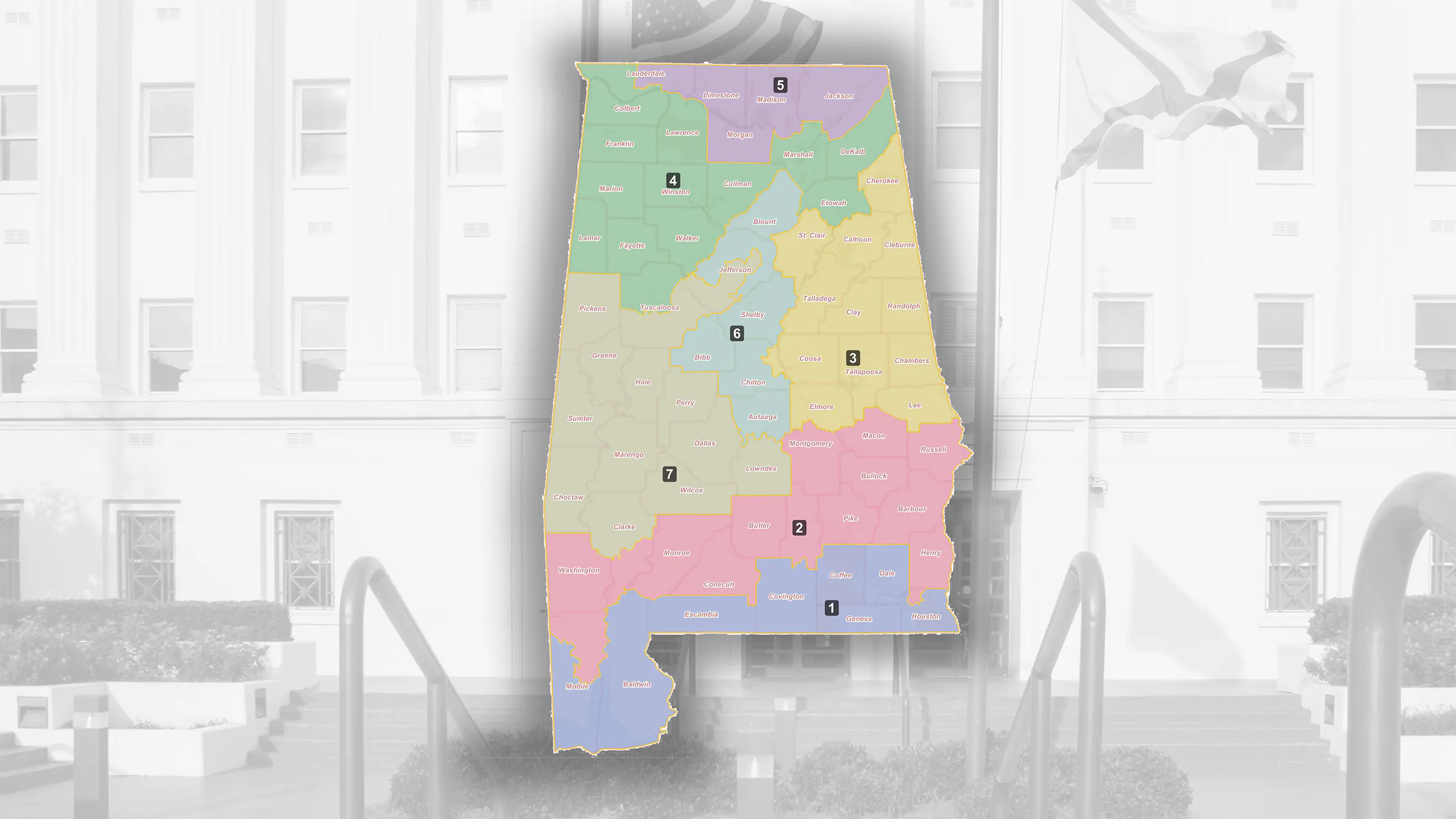|
Getting your Trinity Audio player ready...
|
The State of Alabama agreed Monday to pay $3 million in attorney’s fees to the plaintiffs in a lawsuit that resulted in a special master drawing new Congressional district lines.
The legal battle over the map has been expensive, with the state bringing in outside counsel to help make its case that it had not violated Section 2 of the Voting Rights Act in drawing either challenged map.
The state’s arguments were rejected at each level of court. The U.S. Supreme Court allowed a lower federal panel’s order to go into effect that required state lawmakers to enter a special session to draw a new map. When the panel dismissed the new map as failing to fix the issues, the Supreme Court denied to take up the state’s appeal.
The new map has created a newly competitive 2nd Congressional District seat, with the race underway between Democratic nominee Shomari Figures and Republican nominee Caroline Dobson.
The new district isn’t quite majority-minority, but it is much closer than what Alabama lawmakers had come up with and what the court found to violate the Voting Rights Act by disenfranchising Black voters.
The settlement satisfies the attorney fees for all of the court action that has happened thus far in the case, but the case technically remains active. The state could still be on the hook for any future fees incurred by the plaintiffs if the suit is litigated further.


















































